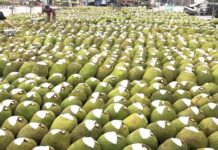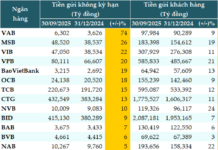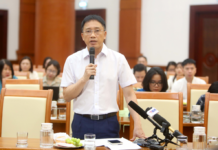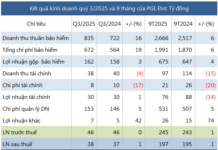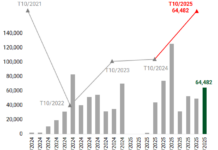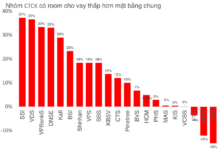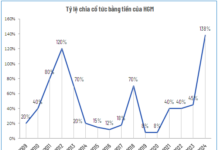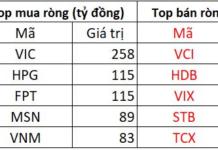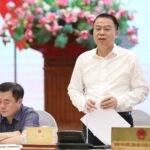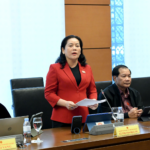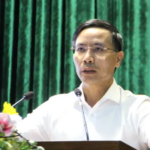After nearly six months of implementing Resolution 68, the Ministry of Finance has shared preliminary results. Speaking to the press, Deputy Minister of Finance Nguyen Duc Tam revealed that since May, when Resolution 68 was issued, an average of over 18,500 new businesses have been established monthly, marking a 43% increase compared to the first four months of the year.
Over the first ten months, nearly 256,000 businesses were newly registered or resumed operations nationwide. The total capital injected into the economy by the private sector reached approximately 5.2 million trillion VND, a 98.2% increase compared to the same period in 2024. As of October 31, over 1 million businesses were operational across the country.
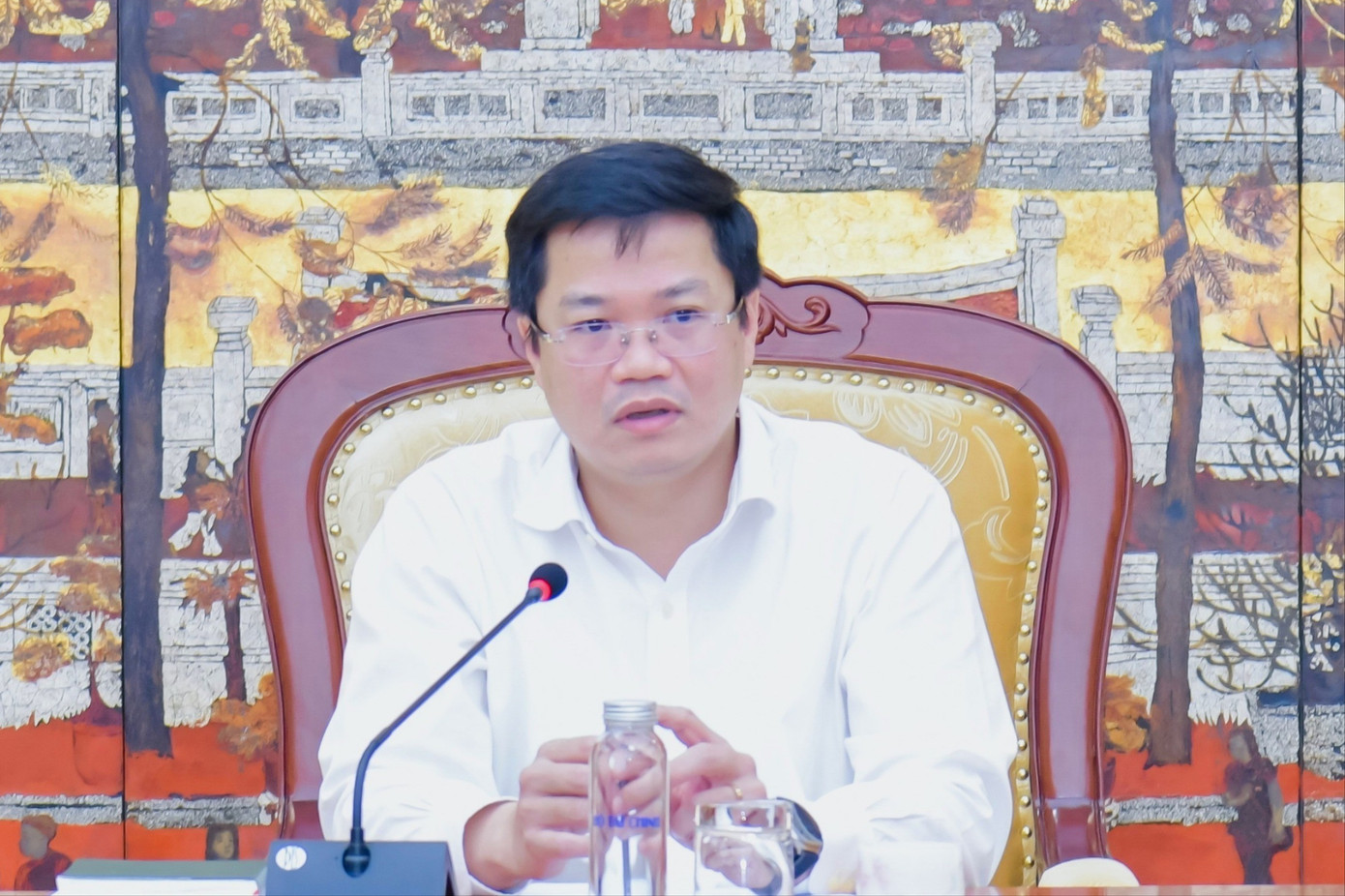
Deputy Minister of Finance Nguyen Duc Tam.
The business environment has seen significant improvements. It is expected that over 2,940 administrative procedures related to production and business activities will be streamlined or eliminated. A survey by the Private Economic Development Research Board (Board IV) found that over 46% of businesses are “optimistic/very optimistic” about the effectiveness of Resolution 68, achieving the highest average score among business confidence indicators.
Resolution 68 aims to have 2 million businesses in Vietnam by 2030. Deputy Minister Nguyen Duc Tam believes this goal is achievable if even a small fraction of the 5.2 million business households transition to formal business models.
According to Mr. Tam, many business households remain hesitant to transition due to the significant compliance cost gap between business households and formal enterprises. Additionally, business households are often unfamiliar with legal regulations and accounting practices. Notably, business households previously subject to lump-sum tax enjoyed simpler bookkeeping and invoicing requirements compared to formal enterprises.
To address these barriers, Resolution 68 introduces a key policy: the elimination of lump-sum tax by 2026. To support this transition, the Ministry of Finance is expediting amendments to the Law on Tax Administration and the Law on Personal Income Tax, as well as drafting the Law on Individual Business to minimize differences in governance and financial accounting between business households and enterprises.

The Ministry of Finance is accelerating technical infrastructure upgrades to implement the lump-sum tax abolition for business households.
Electronic tax filing and payment systems, e-invoicing software, and accounting software will be provided free of charge, with priority given to struggling business households during the initial phase. Additionally, the Ministry of Finance is modernizing inspection and supervision methods through online, risk-based approaches to reduce pressure, enhance transparency, and create a more business-friendly environment.
Deputy Minister Nguyen Duc Tam highlighted that the biggest challenge for the private sector is accessing critical resources, particularly capital, land, technology, and high-quality human resources.
To support the private sector, the Ministry of Finance plans to implement several solutions, including tax incentives, fee waivers for tech startups, and expedited tax refunds for innovative projects.
Addressing capital constraints, Mr. Tam emphasized the operation of the Small and Medium Enterprise Development Fund, alongside refining models for non-budget state financial funds (credit guarantee funds, SME development funds, and local investment development funds).
Furthermore, the Ministry of Finance will collaborate with relevant ministries, agencies, and localities to review and facilitate the leasing of surplus public assets, including land, factories, and infrastructure, to businesses.
Revamping Personal Income Tax Law: Key Amendments Proposed by National Assembly Delegates
Numerous Members of Parliament have emphasized the necessity of amending the Personal Income Tax Law, offering specific recommendations such as: adjusting the family deduction threshold based on economic regions; carefully considering whether to retain or streamline the progressive tax brackets; and providing clearer regulations on taxes related to the transfer of gold bars and inherited real estate.




